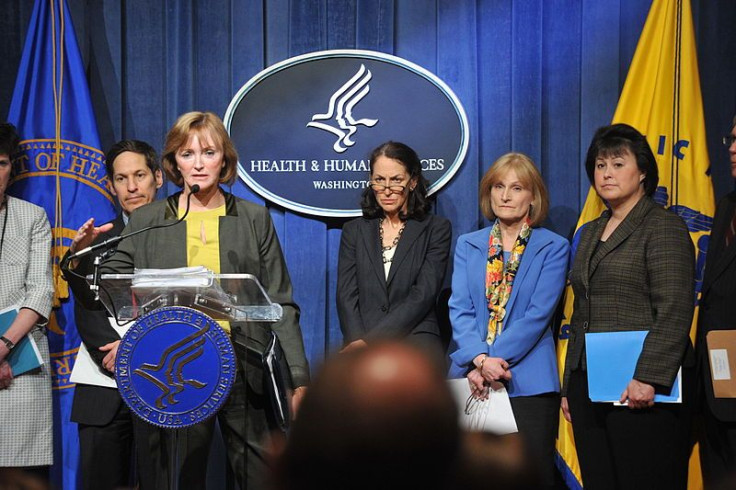Medicaid Improved Mental Health for Uninsured

Uninsured people who get on Medicaid will be happy to know that their mental health will improve, but according to a study by researchers at Harvard and MIT, it won't make much of a difference to their physical condition.
The study took advantage of a 2008 Oregon state policy decision to expand Medicaid coverage only to those people whose names came up in a lottery. This natural experiment created two groups; those who didn't get in were the control group, the Associated Press said. It was an example of what Medicaid would be like should the states decide to expand it under President Barack Obama's health care law, serving similar populations around the country.
The study showed that Medicaid gave people better access to healthcare. It reduced rates of depression by 30 percent and it practically eliminated large expenses from accidents or life-threatening illnesses. But had almost no effect on conditions associated with lifestyle choices, such as high blood pressure, cholesterol, or blood sugar levels.
"The study did not generate any evidence that Medicaid coverage translated to measurable improvements in physical health outcomes over a two-year window," lead researcher Katherine Baicker of the Harvard School of Public Health told the AP. "It did generate robust improvements in mental health and enormous reductions in financial strain and hardship."
The Obama administration believes that the study wasn't thorough enough, citing that two years could not have been enough time for physical health results to show up, especially from patients with conditions associated with lifestyle choices. They also noted there were only 12,000 people involved - a relatively small number when compared to the millions of people who will be eligible for coverage next year.
"This study did not or could not address many important health benefits of health insurance, including early detection of cancer, a reduction in sick days from school or work, and a reduction in mortality," Richard Kronick and Andrew Bindman, health policy experts with the federal Health and Human Services department, wrote alongside the study.
Baicker didn't agree with the response to the Obama Administration.
"There are known treatments for these conditions, and the clinical literature suggests improvements are gettable within less than two years," she told the AP.
Published by Medicaldaily.com



























